On September 11, the Government issued Decree 12/2024/ND-CP detailing regulations on rice-growing land.
The Decree clearly states the policy to support the protection of rice-growing land; investment, investment support, construction of infrastructure, application of modern science and technology for rice-growing planning areas with high productivity and quality.
Accordingly, from January 1, 2025, the state budget will support 1.5 million VND/ha/year for land specializing in rice cultivation (old regulation 1 million VND/ha/year); support 750,000 VND/ha/year for remaining rice cultivation land (old regulation 500,000 VND/ha/year, except for upland rice land that is spontaneously expanded without following the planning and land use plan for rice cultivation);
Additional support of 1.5 million VND/ha/year for land specializing in rice cultivation in rice growing areas with high productivity and quality.
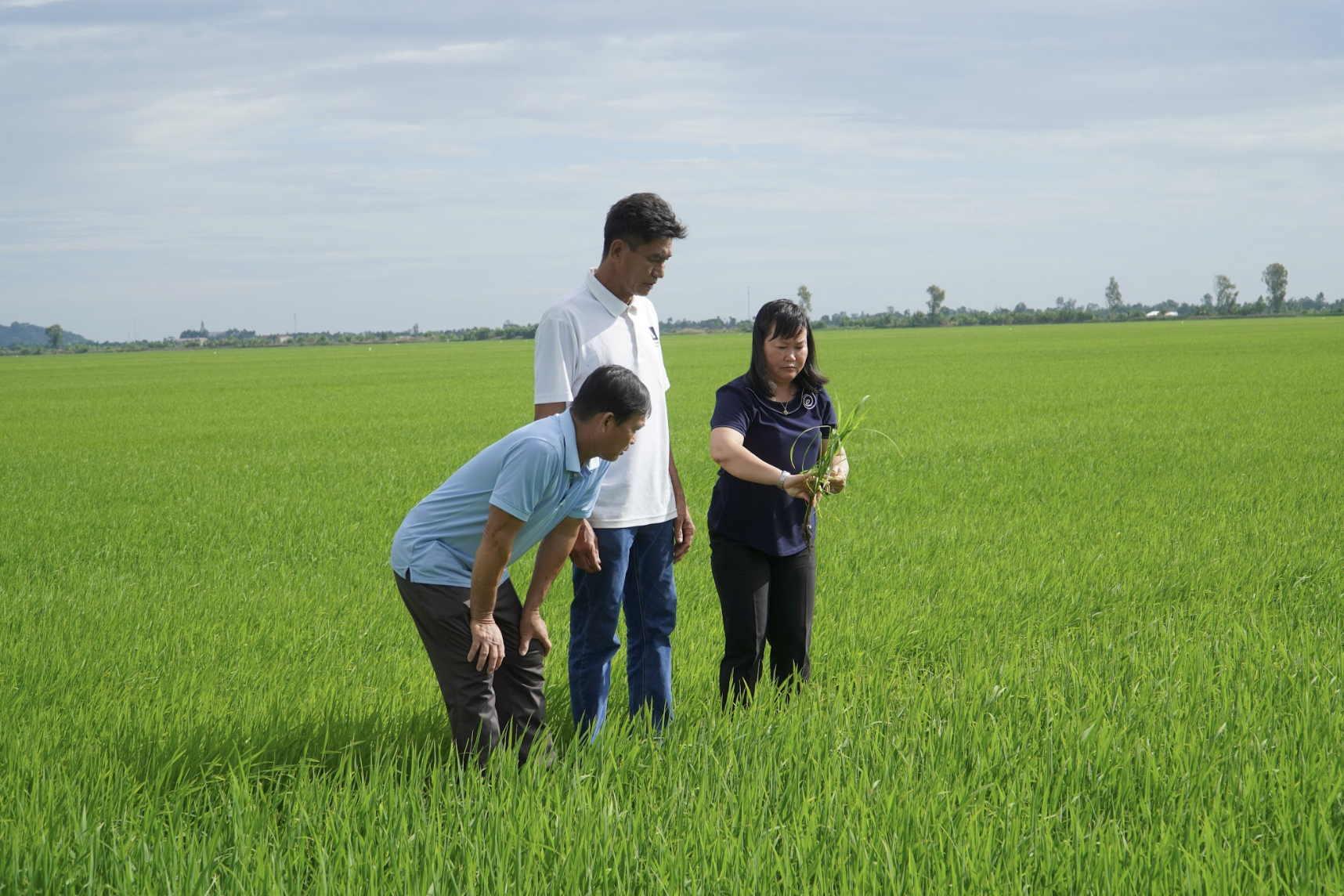
For enterprises, the state budget supports up to 100% of the cost when investing in the construction of irrigation and traffic works in areas planned for high-yield and high-quality rice cultivation.
Projects applying certified greenhouse gas emission reduction rice production processes; projects applying circular economic models; certified organic production projects; projects linking rice production according to value chains ( must have an area of 500 hectares or more ) are supported by the State budget up to 40% but not more than 15 billion VND/project to purchase production lines, equipment, technology, and technology copyright.
Similarly, projects for processing food products; projects for producing biological products, processing raw materials and high-tech products from rice, rice and rice and rice by-products that meet the legal regulations on high technology with a total investment of 30 billion VND or more, will receive a maximum state budget support of 40% but not more than 15 billion VND/project for purchasing production lines, equipment, technology, and technology copyright.
The Decree clearly states that capital sources, subjects, support processes, procedures and implementation procedures for support shall comply with Government regulations on policies to encourage enterprises to invest in agriculture and rural areas.
Capital sources and support procedures for economic organizations with foreign investment capital are implemented according to separate provisions of law.
As for cooperatives and cooperative unions , according to the Decree, investment projects to develop infrastructure in areas planned for high-yield and high-quality rice cultivation are allowed to use State policies according to the Government's guidance detailing the implementation of a number of articles of the Law on Cooperatives.
Investment support for cooperatives and cooperative unions to implement one of the following projects in the planned area for high-yield, high-quality rice cultivation: projects applying certified greenhouse gas emission reduction rice production processes; certified organic production; linking rice production along the value chain. Projects receiving support must have an area of 100 hectares or more .
Projects on production and processing of food products; production of biological products, processing of raw materials for high-tech products from rice and by-products from rice and rice are supported by the state with a maximum of 100% of investment capital for project infrastructure construction costs, purchase of production lines, equipment, technology, and technology copyrights, but not exceeding 5 billion VND/project.
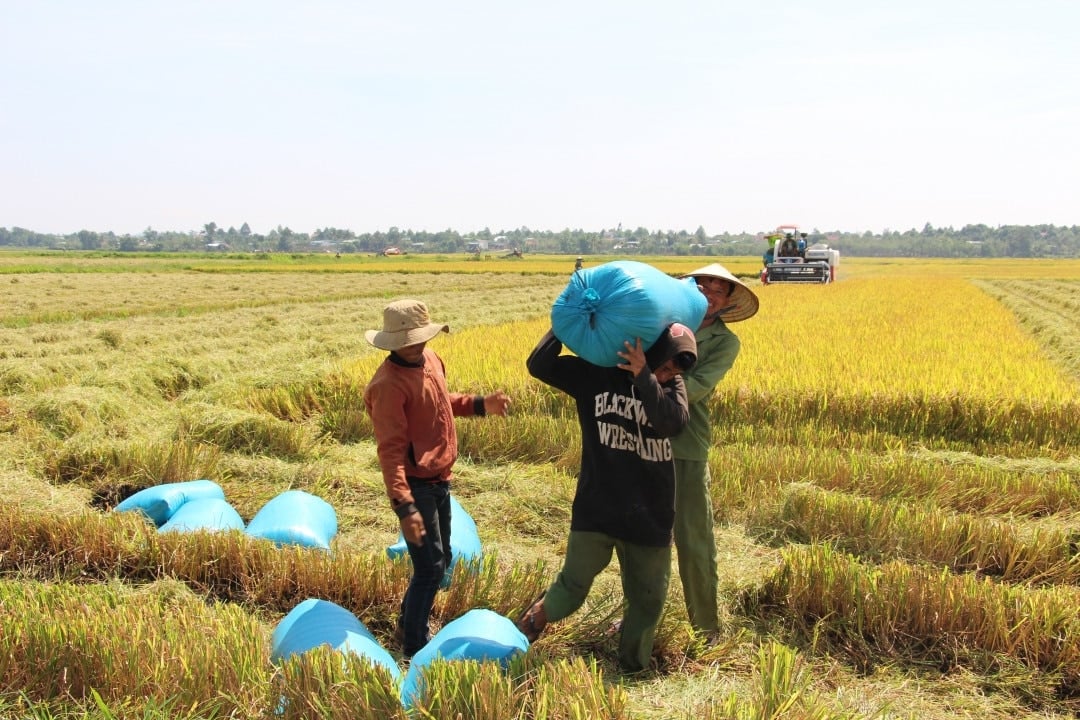
The first province to earn money from rice cultivation reduces CO2 emissions
While the Mekong Delta region has only harvested rice crops produced in a way that reduces emissions, Dak Lak has become the first province in our country to sell carbon emissions reductions from rice at a price of 20 USD/1 ton of CO2 reduction.
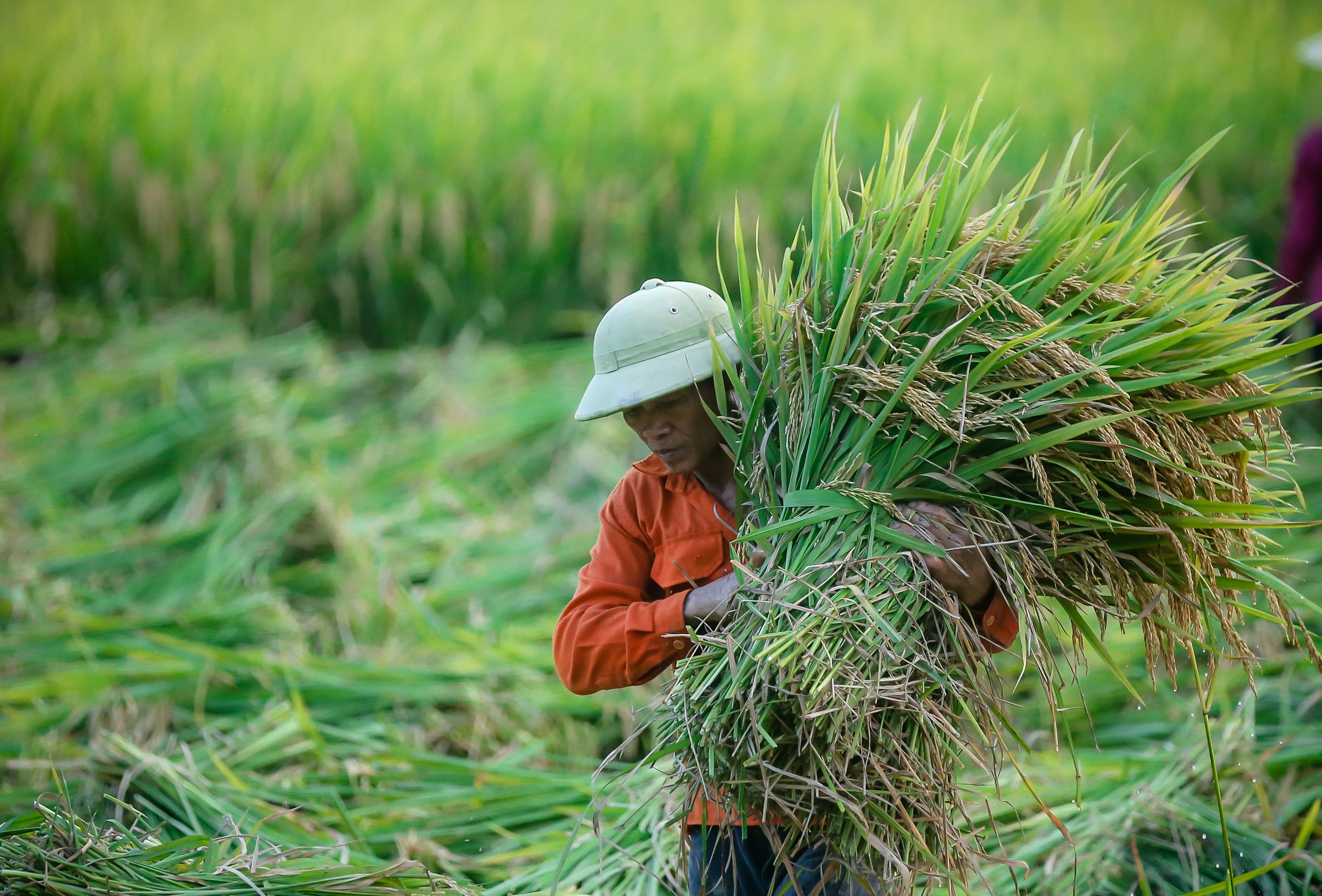
Rice cultivation reduces emissions, Mekong Delta farmers will soon be paid carbon credits
According to Deputy Minister Tran Thanh Nam, the Ministry of Agriculture and Rural Development is negotiating with the World Bank on a mechanism to pay carbon credits to rice farmers who pilot emission reduction in the Mekong Delta.
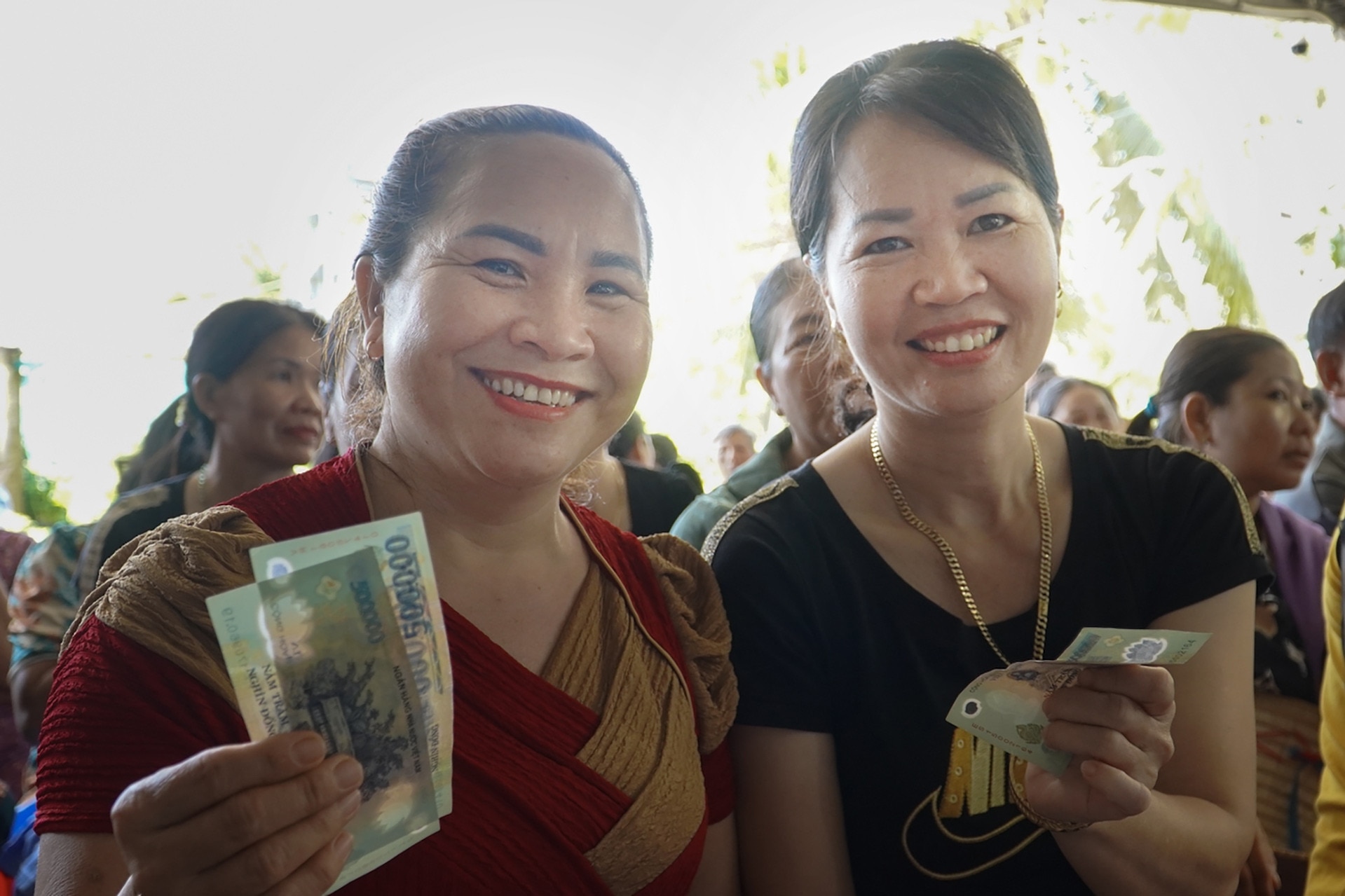
Rice cultivation reduces emissions: Profits increase, farmers also get cash rewards
After completing the harvest, many farmers in Can Tho City were rewarded with cash for growing rice to reduce greenhouse gas emissions under the "1 must, 5 reductions" farming package.





![[Photo] President Luong Cuong presided over the welcoming ceremony and held talks with Sri Lankan President Anura Kumara Dissanayaka](https://vphoto.vietnam.vn/thumb/1200x675/vietnam/resource/IMAGE/2025/5/5/bbb34e48c0194f2e81f59748df3f21c7)
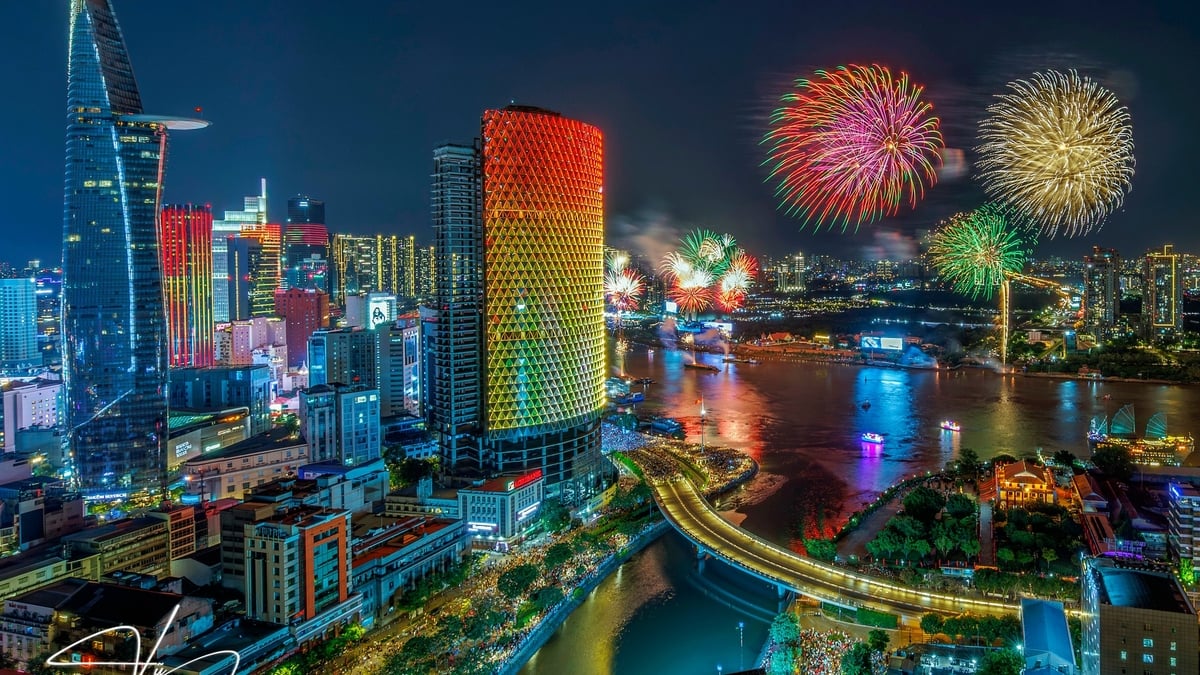
![[Photo] Solemn opening of the 9th Session, 15th National Assembly](https://vphoto.vietnam.vn/thumb/1200x675/vietnam/resource/IMAGE/2025/5/5/ad3b9de4debc46efb4a0e04db0295ad8)


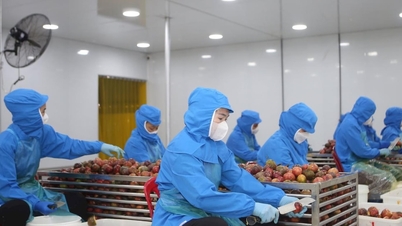
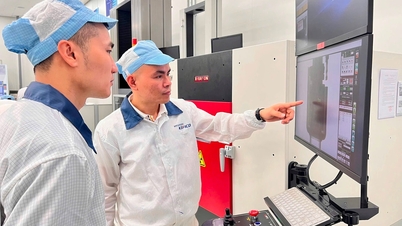

















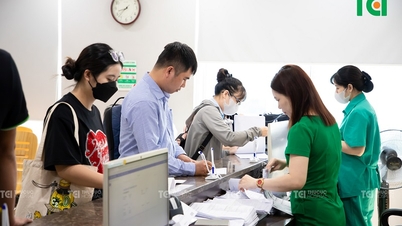



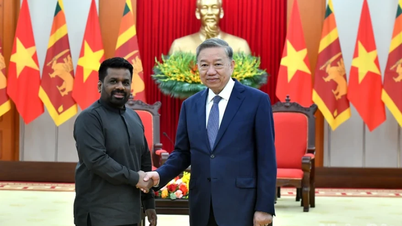
![[Photo] National Assembly delegates visit President Ho Chi Minh's Mausoleum](https://vphoto.vietnam.vn/thumb/1200x675/vietnam/resource/IMAGE/2025/5/5/9c1b8b0a0c264b84a43b60d30df48f75)





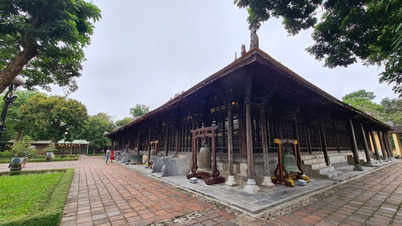



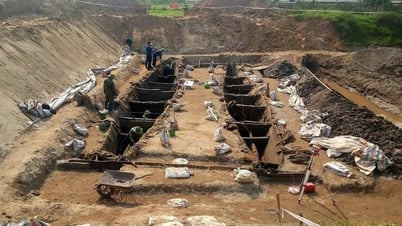

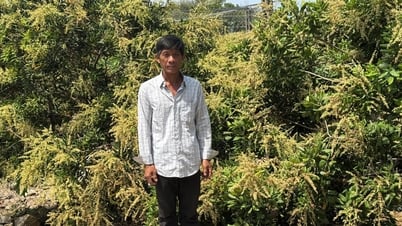




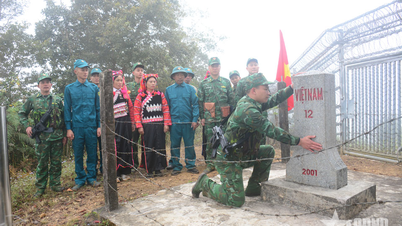

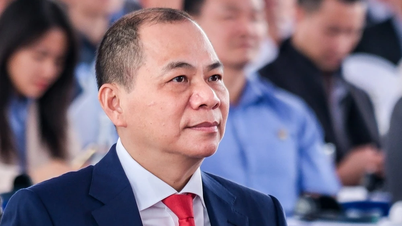



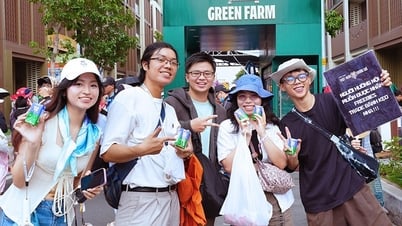


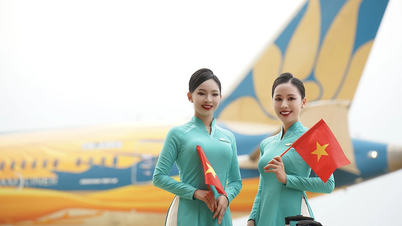

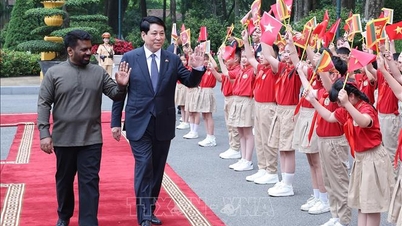

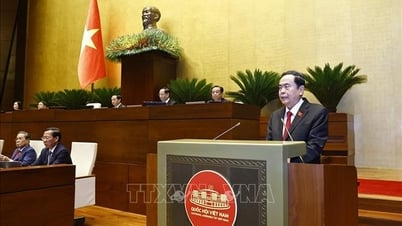
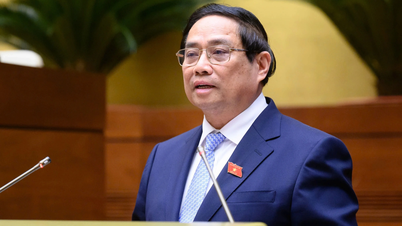
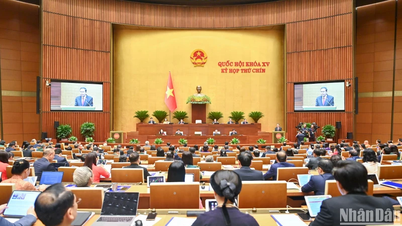


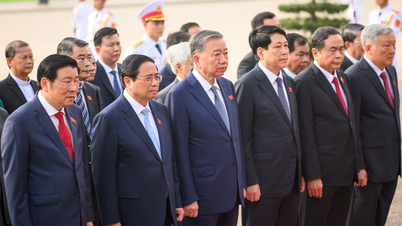


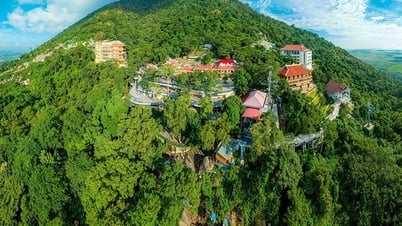



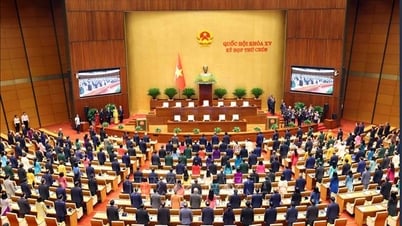



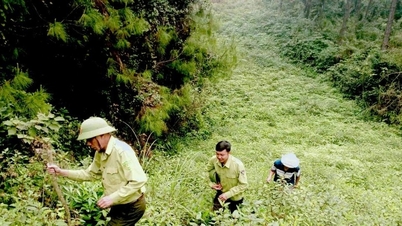




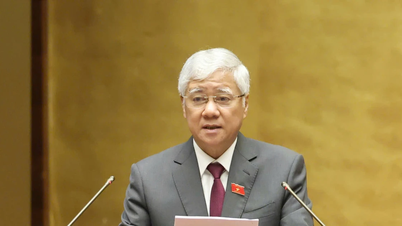

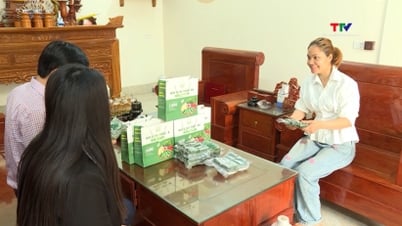

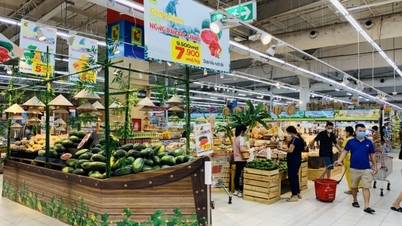

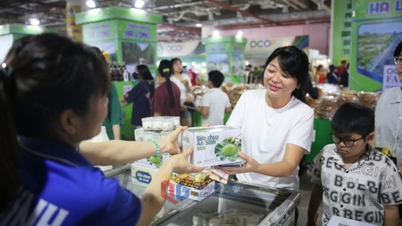

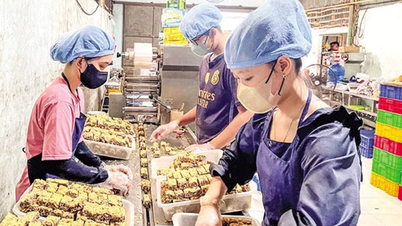





Comment (0)